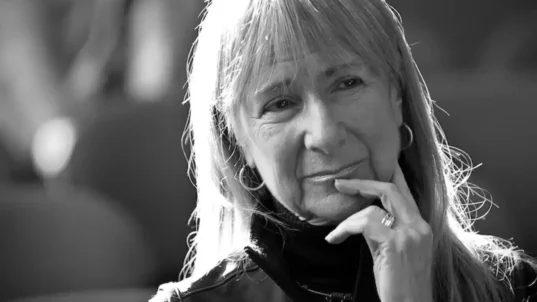
Thomas Jennings was born in 1791 to a free Black family in New York City. He grew up to be a highly acclaimed tailor and operated a very popular clothing shop.
Customers often asked about cleaning their clothes because existing clothing processes were ineffective. Jennings saw this as an opportunity to expand his business. He found the answer in solvents that did not require the use of water. He called the approach “dry-scouring,” which we now call “dry cleaning.” His process is still used today.
Jennings filed for a patent and in 1821 became the first African American to be awarded a US patent. The property rights for the inventions of enslaved Blacks were awarded to their White owners. But even for free Black inventors, the prevailing forces of racial discrimination in the US put patent protections largely out of reach. This makes it even more remarkable that Jennings was able to secure a patent and profit from his own invention.
When Jennings received his first royalties from his patent, he used the money to buy the freedom of his family members (his wife was considered an indentured servant at the time). Thomas used subsequent royalty payments to fight for the abolition of slavery.
Jennings and his wife had three children. One daughter, Elizabeth, adopted her father’s activist interests. She was removed from a street car that was deemed whites-only. She sued the transit company. She won her case and the transit line was desegregated in 1855, starting a process that eventually led to the desegragtion of public transit in New York City.
Unfortunately, Thomas Jennings died in 1859, before he could witness the abolition of slavery.
It seems especially meaningful that income generated from intellectual property was used to fight the reality of holding humans as property. Just imagine what it meant for the fruits of the intellectual creativity of Black man to be used to undermine a system based on myths of racial inferiority. Just imagine why the story of Thomas Jennings isn’t better known in our own time. It is an inspiration that should be widely known.
* * *
“Man’s greatness consists in his ability to do and the proper application of his powers to things needed to be done.”—Fredrick Douglass, African-American social reformer and abolitionist
This is part of our “Just Imagine” series of occasional posts, inviting you to join us in imagining positive possibilities for a citizen-centered democracy.



